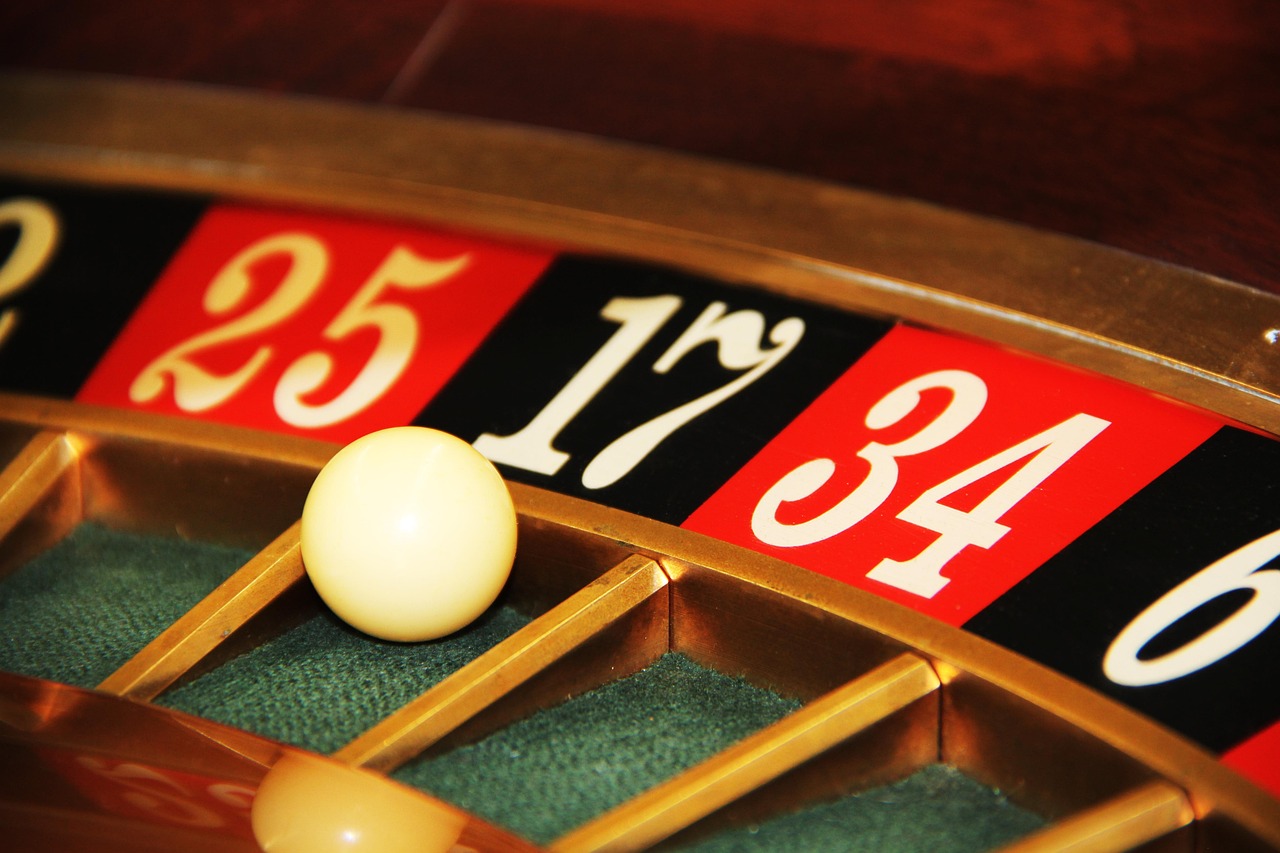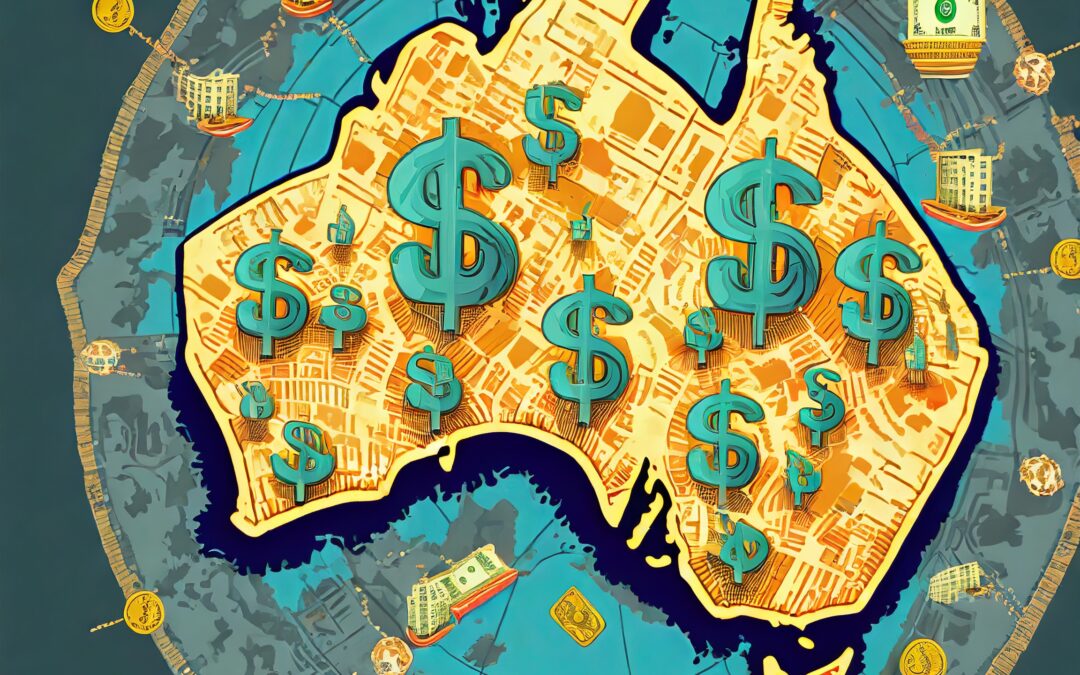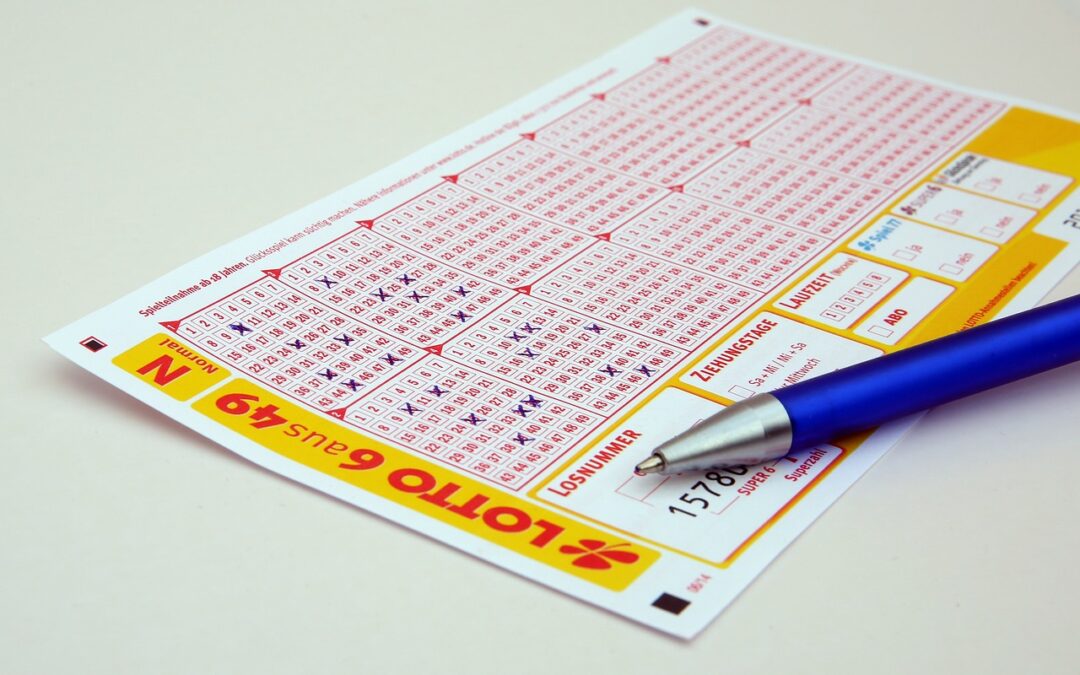We all dream of striking it rich with a jackpot win, but sometimes lottery folklore gets in the way of reality. From lucky charms to hot numbers, here’s a chance to separate fact from fiction and approach the lottery with clear eyes and even clearer odds.
Myth #1: Hot numbers guarantee a win.
Just because a number has been drawn frequently in the past doesn’t mean it’s more likely to come up again. Each draw is entirely random, and past results have no bearing on future outcomes. Picking “hot” numbers might feel lucky, but statistically, it’s no different than selecting any other combination.
Myth #2: You can “calculate” your way to a win.
There’s no mathematical formula or system that can guarantee a lottery win. While probability theory can help understand the odds, it cannot predict individual outcomes. Any system claiming to crack the lottery code is likely misleading or a scam.
Myth #3: Playing more tickets increases your odds.
Ok, so this one is technically only part-myth. While buying more tickets technically does give you more entries, the increase in odds would usually be minuscule and rarely worth the cost. Remember, lottery draws are independent events, and each ticket holds the same, microscopic chance of winning. A more responsible approach is to choose a budget and stick to it, maximising your enjoyment without chasing improbable odds.
Myth #4: You need a “system” to win big.
If there were a foolproof strategy for winning the lottery, everyone would be a millionaire! Unfortunately, no mathematical formula or psychic prediction can overcome the inherent randomness of chance. Your best bet is to understand the odds, play responsibly, and enjoy the thrill of the game for what it is – a fun lottery, not a guaranteed path to riches.
Myth #5: Winning the lottery guarantees happiness.
While financial freedom can certainly improve your life, research shows that lottery winners aren’t necessarily happier than the average person. Sudden wealth can come with its own set of challenges, including relationship pressures, investment uncertainties, and even increased stress. True happiness comes from a deeper source than luck, and it’s important to remember that money isn’t a magic solution to life’s problems.
Myth #6: You’re “due” to win after a long losing streak.
This misconception stems from the gambler’s fallacy, which assumes that random events must eventually even out. Each lottery draw is an independent event, and past results have no bearing on future outcomes. A long losing streak doesn’t make your next win any more likely; it simply means you’ve been unlucky (or have played more than statistically expected).
Myth #7: Certain number combinations are “luckier” or “unluckier”.
All combinations of numbers have the same exact probability of being drawn. Whether you choose “lucky” dates, significant numbers, or random digits, it makes no statistical difference. The lottery draw is a purely random process, and no combination holds any inherent advantage.
Myth #8: Winning strategies can “beat the house”.
While analysing past data and identifying patterns can be interesting, it’s important to remember that the house always has an edge in any game of chance, including the lottery. So-called “winning strategies” often lead to overspending and disappointment, as they can’t overcome the inherent mathematical advantage the lottery holds.
Myth #9: Playing smaller games increases your chances of winning.
While the jackpot prizes in smaller games might be lower, the odds of winning any prize are often not significantly higher than in larger lotteries. In fact, some smaller games have worse odds than their bigger counterparts. Always research the specific odds and prize structures before playing any lottery game.
Myth #10: You’ll never win if you don’t play.
Of course, you can’t win if you don’t play, but that doesn’t make it a wise financial decision. The odds of winning a major lottery jackpot are incredibly low, and spending significant amounts of money chasing that dream can have negative consequences. Remember, responsible gambling means understanding the risks and setting realistic expectations.





